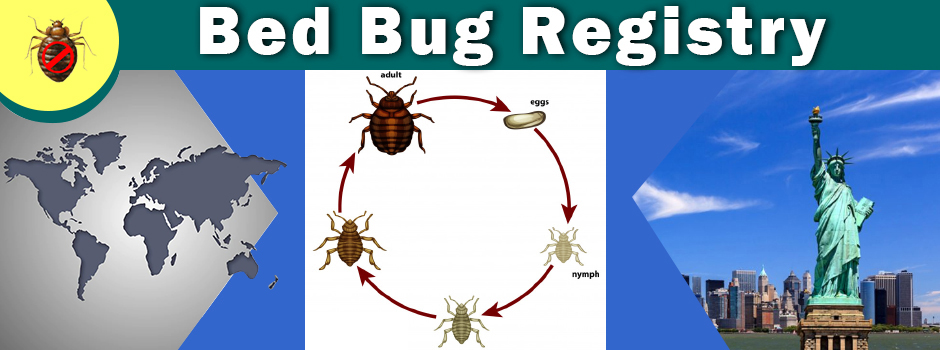The steps you take should depend on your personal preferences and the particular environments youre dealing with, experts say. Consider the following:
Know what a bed bug looks like. These small, disc-shaped bugs can be seen with the naked eye, as can their fecal matterpeppercorn-sized black spots.
Be attentivewhere its warranted. Theres little need to keep your eyes constantly peeled for bed bugs, Miller says. But its reasonable to look for signs of them in places where people live and/or sleep, especially where they receive a lot of visitors, such as nursing homes and hospitals.
Other places people may want to be cognizant of are lounging areas with lots of public traffic, such as sofas in public libraries, waiting rooms, and public transportation settings, Potter says.
Protect your belongings. If you suspect a problem in your office, school, or another location, store your coats, handbags, and any other items that youll bring home away from those of other people.
If you know of a problem at your office, keep your personal belongings in a closed plastic bin. If its your childs school, ask to have his or her things secured in the same way.
Treat with heat. Concerned that you or your child might have brought home a stray bed bug? Try this DIY strategy (but don't rely on it for an infestation): Toss clothes, blankets, and plush toys that have come home from your child's school in a hot dryer for 30 minutes.
Reactbut dont overreactif you see one. If you spot a bed bug, remain calm. One bug does not an infestation make. Instead, ask who handles these issues in the location you've spotted the bug init may be management and/or the facilities staffand report what youve seen.
(Management should take quick action if a bed bug is seen on premisesalerting those in the building, examining the area to determine whether its a single stray or a sign of bigger problems, and dealing with an infestation promptly.)
Be vigilant at nursing homes. If you have a loved one in a nursing home, you should be inspecting his or her bed regularly, not relying on people there to do it, Miller says. Thatmeans carefully examining the mattress and headboard (and wheelchair, if applicable) each time you visit, and checking your relative for any signs of biteskeeping in mind that they may not display any.
Consider encasing your relatives mattress and box spring with bug-proof covers, and reduce clutter to give any bed bugs fewer places to hide.
Call in experts at the right time. Think youhave a bed bug problem at home? When in doubt, have an experienced pest control person come to your home and perform a detailed inspection, Potter says.
Go here to read the rest:
Surprising Places Bed Bugs Can Hide - ConsumerReports.org

 Residence
Residence  Location
Location 










